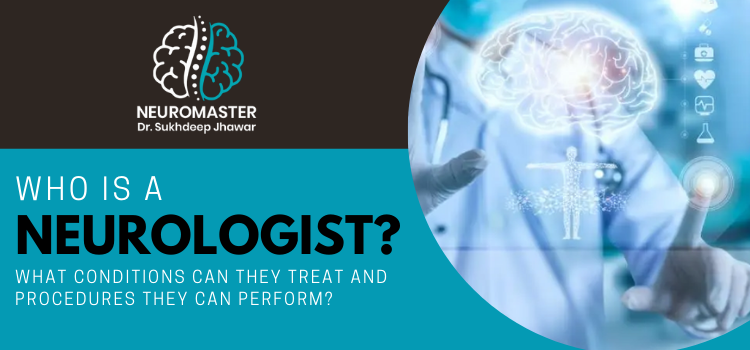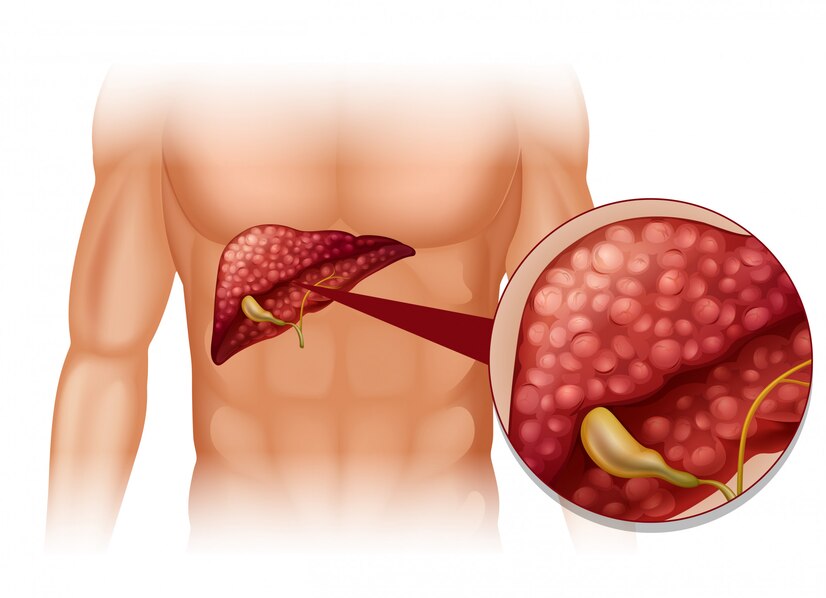Who is a neurologist?
Neurologists are medical specialists who have the expertise in diagnosing and treating the conditions affecting the nervous system. There are different neurological conditions like diabetic retinopathy, nerve damage, headache, and much more. Consulting the Best Neurologist in Ludhiana will help you get the best treatment plan for different conditions as they have the expertise and knowledge of the advanced and latest procedures. If you are diagnosed with any neuro-related condition then make sure to get in touch with the experienced Neurosurgeon In Punjab to better understand, ‘How can your condition be managed?’
What are the subspecialties found in neurology?
- Pediatric or child neurology
- Pain medicine
- Headache medicine
- Sleep medicine
- Vascular neurology
- Autonomic disorders
- Neuropsychiatry
- Brain injury medicine
- Neurocritical care
- Epilepsy
- Neurodevelopmental disabilities
- Neuromuscular medicine
- Hospice and palliative care neurology
What neurology conditions are treated by a neurologist?
Neurologists are the ones whom you can trust for all the problems linked to your neurological health. It includes the brain, nerves, and spinal cord. It includes the conditions like:
- Epilepsy
- Stroke
- Headaches & Tumors
- Sleep Disorders
- Neurodegenerative Disease
- Neuromuscular Disease
- Nervous System Infection
What procedures are performed by a neurologist?
Lumbar puncture
During lumbar puncture, the neurologist will take the spinal fluid sample that allows diagnosing the conditions like:
- Leukemia
- Autoimmune diseases such as MIS
- Dementia
- Brain Bleeding
- Meningitis
- Encephalitis
- Myelitis
Electromyography
EMG is performed by the neurologist that checks the person’s muscles in regards to the electrical stimulation from motor neurons, and these are also known for controlling the movement of the muscles. During EMG, the doctor will insert needles named as electrodes into the muscle.
Electroencephalogram
EEG is used to measure and record the brain’s electrical activity. Neurons communicate with other neurons with the help of electrical impulses which are checked through EEG along with brain wave patterns. Some of the conditions diagnosed through EEG are:
- Epilepsy
- Seizures
- Brain tumors
- Sleeping problems
Tensilon Test
Tensilon test is a type of blood test which is performed to check for the myasthenia gravis. Myasthenia gravis is a neuromuscular disease that makes the legs and arms muscles weak. In this condition, the immune system is attacked that leads to muscle fatigue, and muscle movement will decrease. During the test, the doctor will inject tension into the blood, and following that you will be asked to do certain movements like:
- Sitting down and standing up
- Uncrossing and crossing the legs
- Holding the arms above the head
Additional Tests
Some of the additional tests a neurologist can perform to diagnose the neurological disorders are:
- Genetic testing
- Biopsy
- Angiography
- Imaging tests like MRI, CT scan, PET scan, Ultrasound, and much more
- Laboratory Tests such as urinalysis and blood test
What are the signs that you need to see a neurologist?
If your primary care notices the given-below signs, that he will tell you to consult a neurologist:
- Confusion
- Dizziness
- Coordination is not right
- Complete or partial paralysis
- Muscle weakness
- Sensory changes in the vision, taste, smell, or touch
Schedule your initial consultation
If you suspect any problem with your neurological health then you should get in touch with our experienced neurologist.



